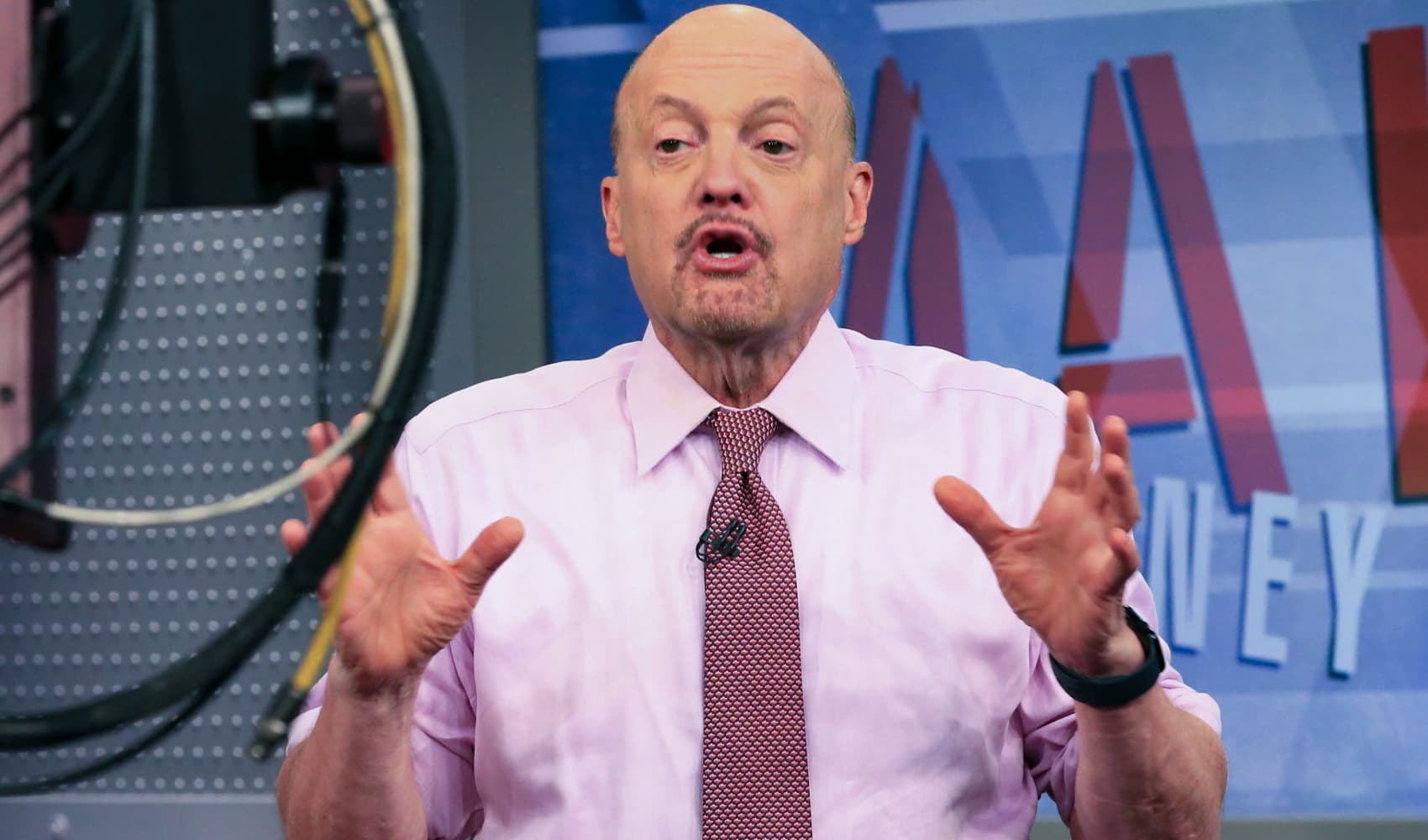
- Initial jobless claims rose last week to the highest in eight months, while a gauge of factory activity slumped in July.
- The European Central Bank on Thursday announced a 50 basis point hike to interest rates as concerns about runaway inflation outweighed fears of slowing growth induced by Russia's war in Ukraine.
U.S. Treasury yields retreated further on Friday as weak economic data and a significant interest rate hike from the European Central Bank fueled concerns about an economic slowdown.
The yield on the benchmark 10-year Treasury note was down sharply to a more than two-week low of 2.792%, furthering Thursday night's plunge, the worst single-day decline since March 2020.
Meanwhile the yield on the 30-year Treasury bond dropped to 3.0%. Yields move inversely to prices.
Get New England news, weather forecasts and entertainment stories to your inbox. Sign up for NECN newsletters.
Concerns over U.S. economic outlook also weighed on investor sentiment after the release of more downbeat economic data.
A preliminary reading on the U.S. PMI Composite output index — which tracks activity across the services and manufacturing sectors — fell to 47.5, indicating contracting economic output. It's the index's lowest level in more than two years.
Initial jobless claims rose last week to the highest in eight months, while a gauge of factory activity slumped in July, offering further indications that the U.S. economy is slowing as rising interest rates and high inflation weigh on spending power.
Money Report
The yield on the 2-year Treasury note was last seen at around 2.997%, above the 10-year and continuing the inversion of the closely-watched 2-year/10-year curve.
Yield-curve inversions — when shorter-term government bonds have higher yields than longer-term ones despite carrying lower risk — are often viewed by markets as signs that a recession is imminent.
Risk sentiment was further dampened after the European Central Bank on Thursday announced a 50 basis point hike to interest rates, above its own prior guidance and marking its first hike for 11 years, as concerns about runaway inflation outweighed fears of slowing growth induced by Russia's war in Ukraine.
All eyes will turn next week to the Federal Reserve, with markets assessing whether the U.S. central bank will hike interest rates by 75 basis points or the more aggressive 100 basis points.
There are no Treasury auctions scheduled on Friday.






